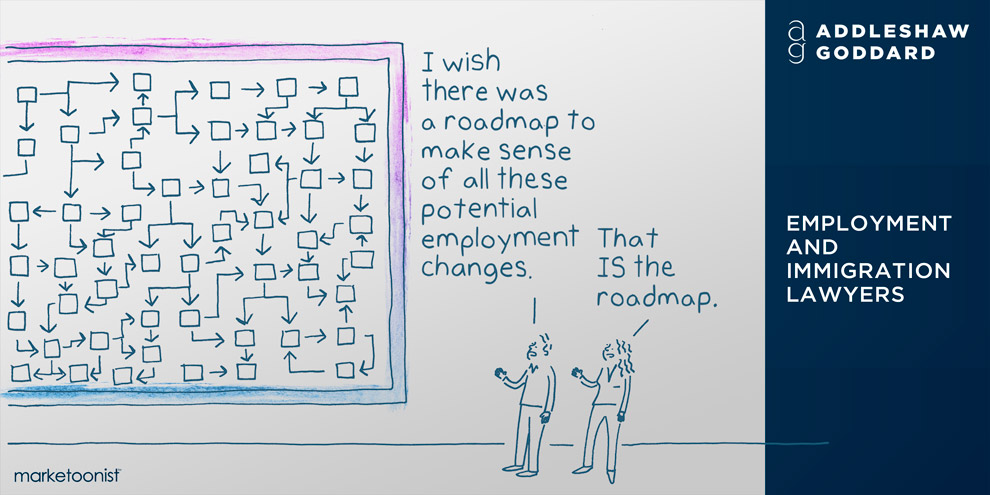When will auto-enrolment apply?
From 1 January 2026, employees will automatically be enrolled into the AE Scheme if they are:
- Between the age of 23 – 60 who earn more than €20,000 per year.
- New and existing employees including those on probation.
Automatic enrolment into the AE Scheme will not apply to employees if contributions are being paid, by the employee themselves or by their employer, into a qualifying occupational pension plan, Personal Retirement Savings Account (PRSA), qualifying trust retirement annuity contract (RAC) or Pan European Pension Plan (PEPP). Under PAYE regulations, employers must disclose details of those contributions on the statutory payroll return.
How will it operate?
All pension schemes will need to comply with the minimum standards set out in the AE scheme. The AE Scheme will be run by the recently established National Automatic Enrolment Retirement Savings Authority (‘NAERSA’). The NAERSA will conduct assessments on employee eligibility and if the employee falls within the scope of the AE scheme, the employer or payroll provider will receive an Auto-enrolment Payroll Notification (APN) from NAERSA.
The APN will outline the necessary contribution rate to be deducted from the employees’ pay. The decision to notify will be based on data from payroll which is provided to the Revenue Commissioners by the employers. Once notified by the NAERSA, the employer is obliged to facilitate employees in enrolment and start contributions.
Is there an opt-out?
There will be an option to opt-out of the AE scheme from between 6-8 months of the date that an employee was automatically enrolled. If the employee opts out, they will receive a refund of their contributions, but the employer and State contributions will remain in the fund for their benefit.
How will contributions be calculated?
There is a mandatory contribution rate required by both the employer and employee which is 1.5% of all gross earnings, subject to a maximum gross salary of €80,000. The contributions will be phased over a 10-year period, with the contributions increasing by 1.5% every three years, up to a maximum of 6% in year 10. While there will be no tax relief available for employee contributions under the AE scheme, the State will pay a top-up based on 0.5% of gross earnings into the employee’s pension fund, equal to 25% tax relief.
Are there any penalties for failure to pay?
Failing to pay contributions or deducting contributions from an employee’s gross pay but failing to pay the contribution, will result in the employer having to pay the outstanding amount plus interest to the NAERSA. The NAERSA can issue a compliance notice if there has been a contravention of a relevant provision.
Certain offences are punishable, on summary conviction, by a class A fine or term of imprisonment not exceeding 6 months (or both), and on conviction on indictment, a fine not exceeding €50,000 or a term of imprisonment not exceeding 3 years (or both). NAERSA may also apply for a court order to ensure that an employer or employee pays outstanding contributions.
Employers are prohibited from penalising or threatening to penalise an employee for participating in the AE Scheme.






